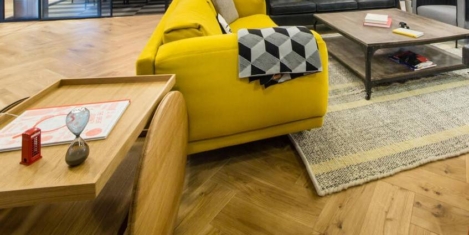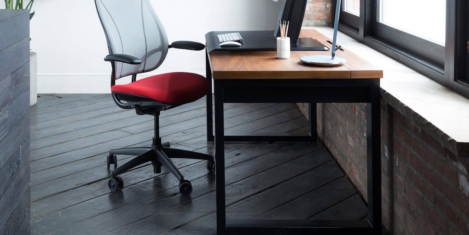April 4, 2018
Government announces details of new real estate agency
 The UK government has announced the creation of the Government Property Agency (GPA) which will aim to ‘improve the efficiency and effectiveness of the Government Estate and generate benefits of between £1.4 billion and £2.4 billion over the next ten years’. GPA’s initial portfolio of 80 properties will grow to over 1,000 as it takes on increasing responsibility for managing the general purpose central government real estate portfolio. This is intended to manage the government’s property portfolio strategically in order to realise the benefits that departments cannot achieve on their own. The GPA will partner with government departments to find innovative property solutions, and provide expertise to enable them to deliver wider business change more efficiently. More broadly, the GPA will also be an enabler for the delivery of Civil Service transformation, regional growth and the government’s vision to strengthen the Union.
The UK government has announced the creation of the Government Property Agency (GPA) which will aim to ‘improve the efficiency and effectiveness of the Government Estate and generate benefits of between £1.4 billion and £2.4 billion over the next ten years’. GPA’s initial portfolio of 80 properties will grow to over 1,000 as it takes on increasing responsibility for managing the general purpose central government real estate portfolio. This is intended to manage the government’s property portfolio strategically in order to realise the benefits that departments cannot achieve on their own. The GPA will partner with government departments to find innovative property solutions, and provide expertise to enable them to deliver wider business change more efficiently. More broadly, the GPA will also be an enabler for the delivery of Civil Service transformation, regional growth and the government’s vision to strengthen the Union.
















 The construction industry needs new talent and skills to help in the adoption of new technologies to meet the challenges of digital transformation. It must also become more diverse, including increasing the percentage of women in the industry. These are the recommendations of a new report from the World Economic Forum, developed in collaboration with The Boston Consulting Group (BCG), Shaping the Future of Construction: An Action Plan to solve the Industry’s Talent Gap. The report argues that the Infrastructure and Urban Development (IU) industry has failed to innovate as quickly as other sectors, resulting in stagnating productivity and negative effects on the economy, society and the environment. An ongoing industry-wide shortage of qualified workers is among the key reasons for this issue. It has undermined project management and execution, adversely affecting cost, timelines and quality. It also has impeded the adoption of new digital technologies, such as building information modelling (BIM), automated equipment and cloud-based collaboration tools, which could improve productivity. The report provides twelve key actions which needs to be implemented to close the structural talent gap of the construction industry.
The construction industry needs new talent and skills to help in the adoption of new technologies to meet the challenges of digital transformation. It must also become more diverse, including increasing the percentage of women in the industry. These are the recommendations of a new report from the World Economic Forum, developed in collaboration with The Boston Consulting Group (BCG), Shaping the Future of Construction: An Action Plan to solve the Industry’s Talent Gap. The report argues that the Infrastructure and Urban Development (IU) industry has failed to innovate as quickly as other sectors, resulting in stagnating productivity and negative effects on the economy, society and the environment. An ongoing industry-wide shortage of qualified workers is among the key reasons for this issue. It has undermined project management and execution, adversely affecting cost, timelines and quality. It also has impeded the adoption of new digital technologies, such as building information modelling (BIM), automated equipment and cloud-based collaboration tools, which could improve productivity. The report provides twelve key actions which needs to be implemented to close the structural talent gap of the construction industry.

















March 26, 2018
A growing number of employers are driving demand for independent professionals
by Adam Gates • Comment, Workplace
More →